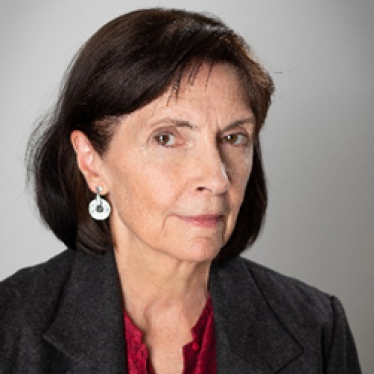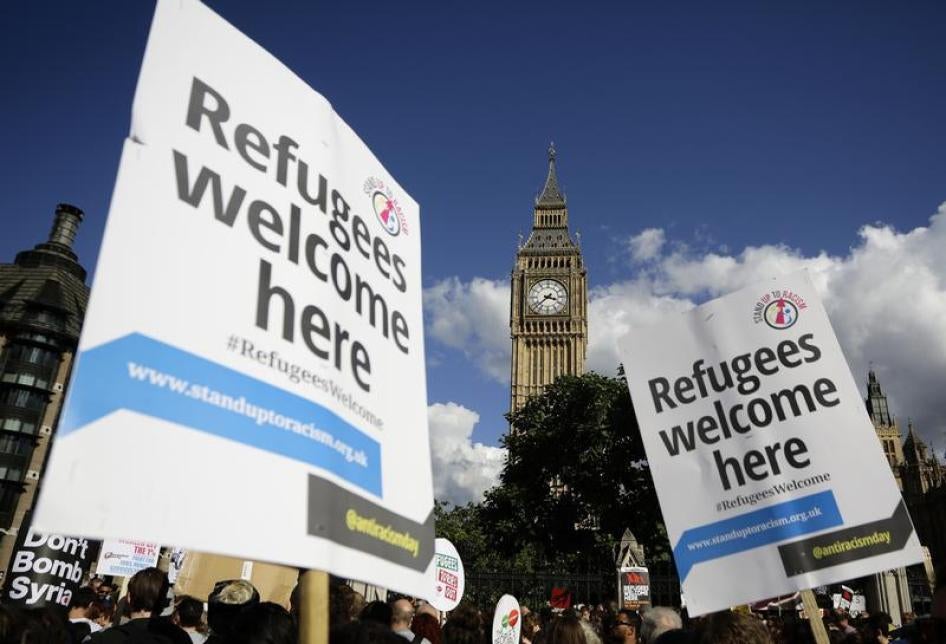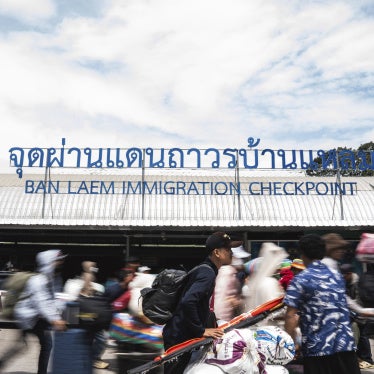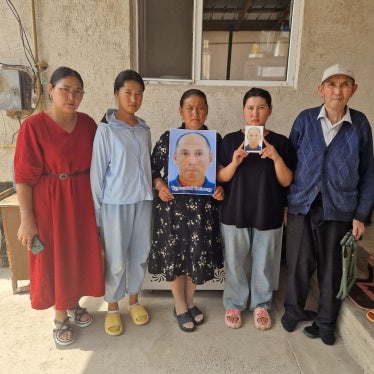To be openly gay, lesbian, bisexual or transgender in Afghanistan is to risk abuse, even death.
Despite this, lawyers working with Afghan refugees in the United Kingdom have told Human Rights Watch that they find themselves pushing back against British immigration officials unwilling to accept even these refugees, among the most vulnerable of asylum seekers.
Bizarrely, the UK immigration office states in its January 2017 guidelines on asylum claims based on sexual orientation that a gay man who “on return to Kabul, would not attract or seek to cause public outrage, would not face a real risk of persecution,” and that “it may be a safe and viable option for a gay man to relocate to Kabul.” In an annex to the official guidance, the Foreign and Commonwealth Office notes that “the only option for a homosexual individual … would be to conceal their sexual orientation to avoid punishment.”
In Afghanistan, same-sex relations are punishable by 5 to 15 years in prison under a law that bans all sex between individuals not married to each other. Afghan law specifies that marriage is between a man and a woman. Under Sharia, or Islamic law, the punishment for sex outside marriage could be a death sentence. Because the evidentiary requirements of this law are difficult to meet, this punishment hasn’t been applied by Afghan courts since 2001.
Afghan law provides no protection against discrimination or harassment on the basis of sexual orientation or gender identity. Groups working to protect LGBT people operate underground to avoid being shut down or attacked.
The latest US State Department human rights report refers to “harassment, violence, and detentions by police of gay men.” Gay men have described being beaten and threatened with death. Some have been killed by their own relatives. Lesbian and transgender Afghans also describe living in fear.
United Nations guidelines specify that LGBT people “cannot be denied refugee status based on a requirement that they change or conceal their identity, opinions or characteristics in order to avoid persecution.”
Members of the LGBT community in Afghanistan can only hope to escape abuse if they deny and suppress their sexual identities, marry as arranged by their families, have sex only with spouses, have children, and never have a sexual relationship outside that norm. But if they do, they risk arrest, prosecution, and violence from their families, the larger community and the government.
Surely this does not count as living “safely.”









